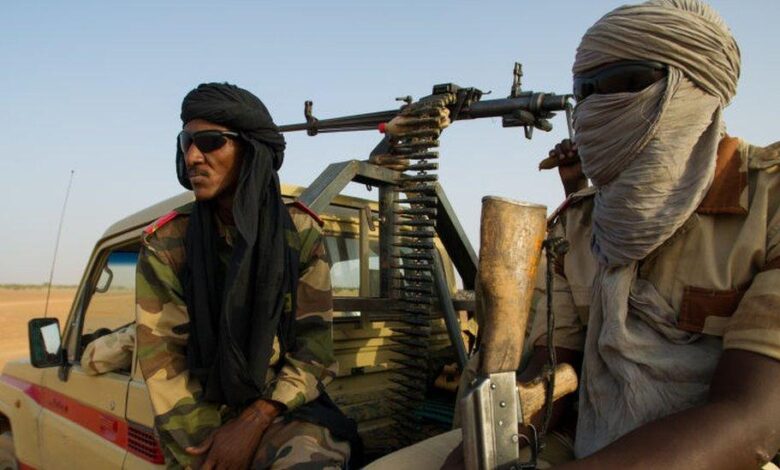Islamist militants operating in Burkina Faso are reportedly using northern Ghana as a logistical and medical hub to bolster their insurgency, according to seven sources cited by Reuters.
This clandestine activity could pave the way for a broader expansion of their influence in West Africa.
The sources, which include Ghanaian security officials and regional diplomats, indicated that local authorities seem to be overlooking the militants crossing the border to procure supplies, including food, fuel, and even explosives, while also seeking medical treatment for injured fighters.
While this leniency has, so far, shielded Ghana from the deadly attacks that have plagued its neighbors, experts warn it may allow the militants to establish a foothold and recruit from marginalized communities.
With a 600 km border with Burkina Faso, where a violent insurgency has led to thousands of deaths and millions displaced, Ghana finds itself at a critical juncture. Burkina Faso has lost control over much of its territory to groups like JNIM, which recently expressed intentions to extend their operations into Ghana, Togo, and Benin.
Ghana’s ambassador to Burkina Faso acknowledged the situation, stating that militants view Ghana as a “safe haven,” but he dismissed claims of an informal non-aggression pact with the jihadists. He emphasized that Ghana is actively cooperating with Burkina Faso to combat this threat.
Ghana, known for its democratic stability and strong ties with Western nations, including the U.S. and the U.K., has so far avoided significant militant attacks, largely due to strategic considerations from groups like JNIM. However, experts note that the country is dealing with the threat through various measures, including joint operations with its neighbors.
While Ghanaian security officials confirm the presence of militants using the country as a rear base for attacks elsewhere, they also report monitoring these activities and cooperating with Burkinabe authorities.
Despite a history of Islamist militants operating in West Africa, Ghana has managed to maintain relative stability, but concerns grow as recruitment and radicalization within local communities become increasingly evident.






